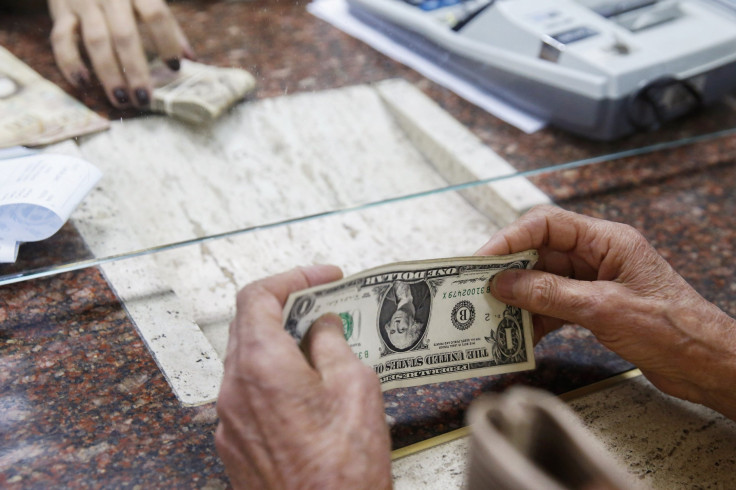Money On My Mind: Spending On Future Experiences Leads To Greater Happiness, Well-Being

What effect does money really have on us? Researchers are gathered for a symposium today in Long Branch, Calif., in an effort to find out.
The symposium is called "Happy Money 2.0: New Insights Into the Relationship Between Money and Well-Being," and it’s part of the Society for Personality and Social Psychology’s 16th Annual Convention. According to an event press release, the four research papers presented will “delve into the effects of experiential purchases, potential negative impacts on abundance, the psychology of lending to friends, and how the wealthy think differently about well-being.” Simply put, the papers collectively aim to answer the old question of whether or not money can buy happiness.
A 2014 study published in the Journal of Positive Psychology thought they answered this question after researchers found people who spent their money on experience were happier than those who spent their money on material items (much like Medical Daily's own money experiment). Study authors added it’s a tough sell, however, because material purchases make more financial sense. Think of a new pair of jeans versus a vacation. This idea is one Amit Kumar, a doctoral student in Cornell University’s social psychology program, chose to focus on.
"The anticipatory period [for experiential purchases] tends to be more pleasant...less tinged with impatience relative to future material purchases we're planning on making," he said. “In an analysis of stories in the news media about long lines, ‘Those waiting for an experience tended to be in a better mood and better behaved than those waiting for a material good.’”
So this study found not only is buying experience better, but it's even more beneficial when done in advance. This is similar to the results of another paper led by Jordi Quoidbach, who teaches business negotiations and manage happiness at the UPF Barcelona School of Management. Quoidbach found wealth and abundance can “undermine appreciation and reduce the positive emotions associated with everyday experiences." You know: more money, more problems.
On the subject of wealth, researchers from Harvard Business school, the University of Mannheim, and Yale University will report how they found increased wealth does not equal increased happiness. In fact, researchers speculated happiness may be negatively related to income.
In most cases, spending money on experience is linked to greater happiness and well-being. The Atlantic reported "experiential purchases are also more associated with identity, connection, and social behavior," After a while, material items "deteriorate or become obsolete."



























